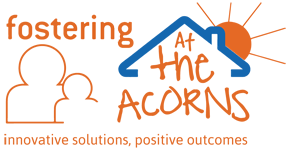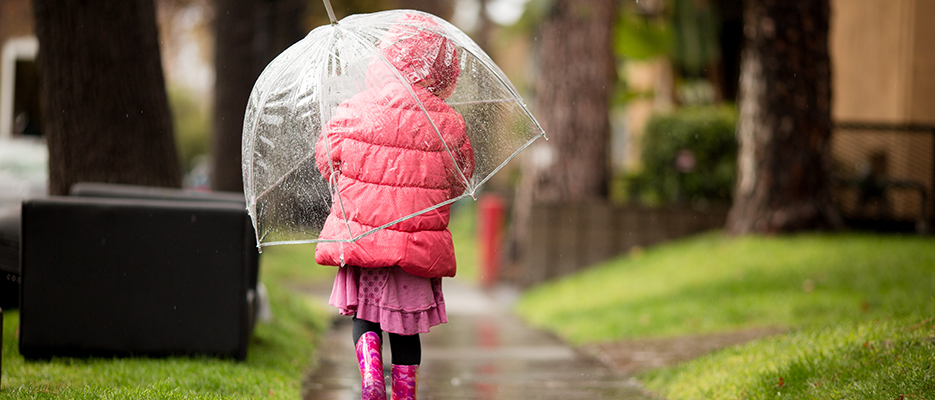Just as there is diversity in fostered children there is also diversity in foster carers who come from a variety of backgrounds and have different life experiences, skills and qualities to bring to bear. There are also some common criteria that most fostering services need from you:
- to be at least 21 years-old (although by law you can apply to foster from 18)
- to have a spare bedroom big enough for a young person to live in
- to be a full-time resident in the UK or have leave to remain
- to be able to give the time to care for a child or young person, often on a full-time basis.
Fostering is the provision of parental care to a child other than your own. When children are taken into the care of the Local Authority, in many cases it is because a social care team has proved to a judge that the child is at risk of, or likely to be at risk of significant harm if they remain with their birth parents. There is no fixed definition of what is meant by significant harm and this has to be analysed and proved by any social worker recommending to a judge that a child should be removed from their parents care. Alternatively, parents can “accommodate” their children under S.20 of the Children’s Act 1989 and place their children in to the care of the Local Authority voluntarily. Thus, the children for whom we are seeking foster families are in foster care through no fault of their own, but because their parents are unable to provide a safe and stable environment within which they can thrive and flourish. It is intended that foster carers will bridge the gaps for these children, normalise their experiences of the world and encourage them to access all of the opportunities available to their peer group.
Children that come into care have inevitably suffered trauma, grief and loss and consequently, their behaviours can be challenging. They often have an insecure attachment style and do not trust the adults in their lives to treat them fairly or to be reliable. It is the role of a foster carer to provide security and stability and to model a different family life to our children and young people in the hope that when they become parents themselves, they have learned a different way to parent. Too often, children who have been through the care system end up having their own children removed from their care and it is this cycle that needs to be broken by those of us who work with them. Yes, that’s a tall order, but with the right support and training, it can be done and you can really make a difference to these children’s lives.
You’ll probably have lots of questions so here to help you are some of the ones we get asked most frequently:
Anyone who is over 21 and UK resident can apply to be a foster carer, you do not need to own your own home but you do need to have at least one spare bedroom.
We will chat to you initially on the phone and then if we decide to take things further we’ll make an appointment to meet. Couples are assessed, checked and trained together however if you have children we will also talk to them about your decision to foster so that they also have all of the information that they need and that they are happy to share their home with another young person.
As Safeguarding Children is paramount all members of our team are subject to a full vetting procedure including a CRB Check along with enhanced disclosures stipulating “working with children”.
The Statutory Assessment Process includes gathering references and making all the relevant checks and our target is that this will be completed within 4 – 6 months. Throughout this time, you will have a dedicated social worker who will help you to understand the world of fostering and to ensure that you have all of the information that you need to decide whether fostering is right for you.
Once approved, you will have access to 24 hour support from our skilled and experienced team, who are always available to help.
You will also receive all of the training and support that you require dependent upon your experience, confidence and skills. When a new child is placed, you will be visited by your supervising social worker at weekly intervals for the first 6 weeks and you will be called daily for the first 2 weeks to ensure that you have everything that you need to settle the child in to your home. Visits after the first 6 weeks will reduce but will never be less than monthly.
Our excellent training programme ensures that you can work with children competently and confidently to build their self-esteem and help them to re-establish their trust in adults. We are passionate about placement stability and know that well-trained foster carer’s have more successful outcomes than those that stagnate.
We have mandatory courses that we expect you to complete within the first 12 months of your fostering career and we constantly seek new and interesting topics to deliver to you. Our training courses do not have a “pass” requirement though as we do not want people to feel worried about learning new skills.
Our mandatory courses include the pre-approval “skills to foster” training, First Aid and Food hygiene and post-approval, we provide brain development and attachment theory training as standard, believing that a working knowledge of these theories is fundamental to good fostering practice.
Our training programme is subject to constant review and improvement with new courses being introduced as and when a need for them is identified or a new course is sourced that broadens the knowledge of our staff and foster carers.
All training events are currently held at our head office in Darlington which is very central for those living anywhere in the North East. Our skilled and experienced trainers will work with all of you individually to ensure that our training is relevant and accessible and your link worker will help you to utilise the training in your daily practice.
Our training courses are either delivered by our own staff, or are road-tested by our management team to ensure quality and relevance. Foster carers are consulted about their preferences and any gaps in their skills and experience are identified through our monthly supervision groups or individual supervision sessions.
Our fostering fees range from £340 a week to £625 a week for each child that you care for, dependent upon their age and complexity. We provide a £450 holiday allowance annually and pay a festival allowance of £100 twice a year. There is a school uniform allowance for those children changing schools and an emergency clothing allowance for children newly placed.
Each foster family is entitled to 21 nights of respite a year and if this is not fully utilised, up to 7 days holiday pay will be paid in lieu in January of each year. Our whole focus concentrates on the needs of the child and we are always open to requests for additional financial help to meet those needs.
As a foster carer you need to register as being self-employed with HMRC and there are very favourable tax allowances that usually mean you pay little or no tax on your fostering income, dependent upon your overall financial situation.
Fostering placements can be Short term (offering a temporary home for a child) or Long Term (offering a child a stable home through to adulthood for example). There can also be Parent and Child foster placements or Sibling placements plus many more. As a Foster Carer you will be matched with the needs of the placement to determine which placements will suit you best.




